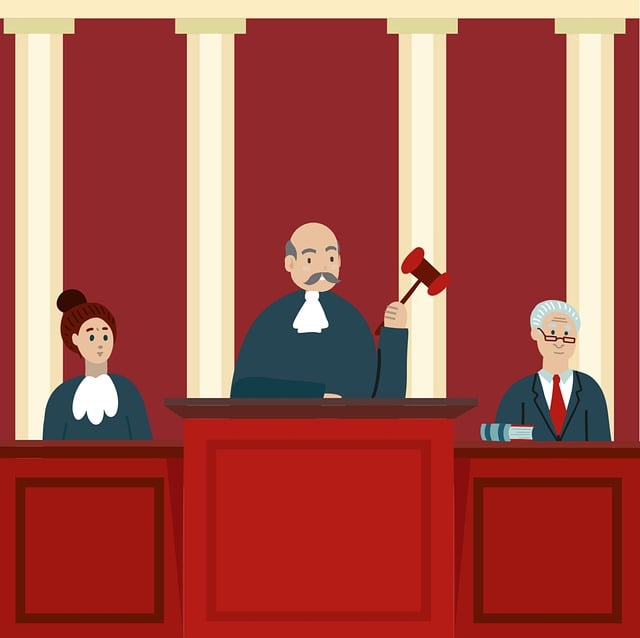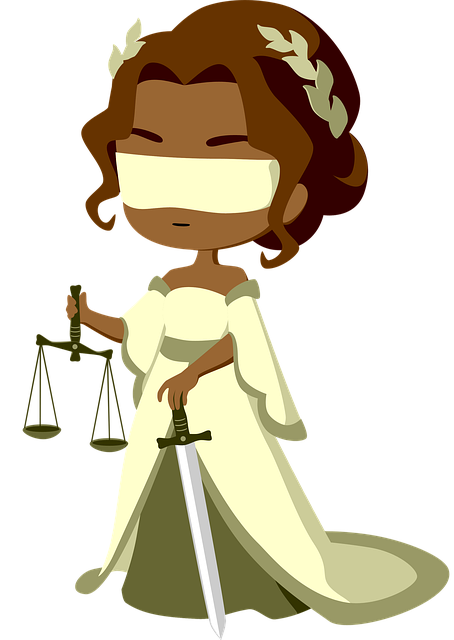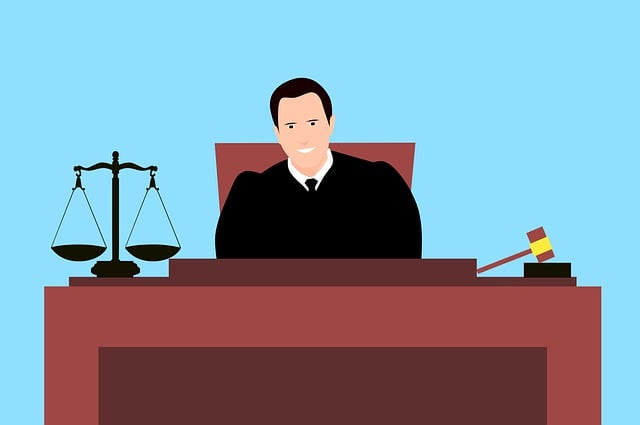A personal injury consultation is an essential initial step in navigating complex legal matters related to accidents. During this meeting, lawyers assess case merits, gather information about incidents and injuries, determine liability through evidence analysis, and provide strategic guidance on outcomes like settlement negotiations or court proceedings. The consultation helps decide case feasibility, ensure successful compensation, and achieve the best possible financial redress and legal justice. Clients should proactively prepare key documents such as medical records, photos, witness statements, insurance policies, and employment contracts to help lawyers accurately assess recovery and build robust personal injury cases.
A personal injury consultation is crucial for victims seeking justice. During this initial meeting, lawyers assess key elements to build a strong case. Understanding the purpose of this consultation is essential for clients aiming to receive fair compensation. Beforehand, preparations such as gathering medical records and documenting injuries are vital. This strategic approach ensures lawyers can effectively navigate the legal process, ultimately fostering a successful outcome for the client.
- Understanding the Purpose of a Personal Injury Consultation
- Key Elements Lawyers Assess During the Initial Meeting
- Preparations Clients Should Make Before the Consultation
Understanding the Purpose of a Personal Injury Consultation

A personal injury consultation serves as a crucial initial step in navigating complex legal matters related to accidents and their aftermath. During this meeting, lawyers assess the merits of a potential case, offering clients valuable insights into their rights and options. The primary purpose is to gather essential information about the incident, understand the extent of injuries sustained, and determine liability. This assessment is vital for several reasons. Firstly, it helps legal professionals decide whether to take on the case, considering its feasibility and potential for successful injury compensation. Secondly, it allows them to advise clients on the probable outcomes, including settlement negotiations or, if necessary, court proceedings.
Lawyers also use this consultation to evaluate the strength of evidence, such as medical records and witness statements, which are essential in proving medical malpractice or insurance disputes. By thoroughly understanding the client’s situation, lawyers can provide strategic guidance, ensuring the best possible outcome in terms of financial redress and legal justice.
Key Elements Lawyers Assess During the Initial Meeting

During a personal injury consultation, lawyers meticulously assess several key elements to build a strong case. The initial meeting is crucial for gathering essential information about the client’s experience and the circumstances surrounding their injury. They will inquire about the accident details, including when and where it occurred, and the sequence of events leading up to it. Understanding the client’s injuries, medical treatments, and any ongoing care needs is vital. Lawyers also assess the potential liability of those involved, evaluating evidence like police reports, witness statements, and photographs to determine negligence.
Additionally, they consider the impact of the injury on the client’s life, including lost wages due to time off work, pain and suffering, and any long-term effects or disabilities resulting from the accident. These discussions help lawyers estimate the value of a potential settlement or court award, ensuring their clients receive fair compensation for their losses. In cases involving elder abuse or complex business litigation, further specific assessments may be required to navigate unique legal challenges.
Preparations Clients Should Make Before the Consultation

Before a personal injury consultation, clients should prepare a list of all medical records related to their injuries, including hospital visits, diagnoses, and treatments. This ensures that lawyers can accurately assess the client’s recovery progress and its impact on their daily life. Additionally, gathering any evidence from the scene of the accident, such as photos or witness statements, can provide crucial details for building a strong case.
Clients should also review their insurance policies, including any provisions related to personal injury claims. This includes understanding the limits and deductibles in their policy and being aware of any outstanding balances or ongoing legal issues that might affect their claim. For those employed, reviewing employment contracts is essential as it can shed light on potential liability and compensation entitlements, especially in cases like slip and fall incidents at work.
A personal injury consultation is a crucial step in navigating the complexities of personal injury cases. During this initial meeting, lawyers assess key elements such as the nature and extent of injuries, liability assessment, and potential damages. Clients should prepare by gathering medical records, documenting expenses, and reflecting on relevant details to ensure a productive discussion. By understanding what lawyers assess, individuals can better engage in their legal representation, ultimately enhancing their chances of achieving a favorable outcome in personal injury matters.






